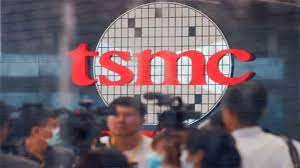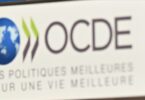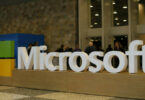TAIPEI (Reuters): The shares of several major Apple suppliers fell on Friday, following reports that China had widened curbs on use of iPhones by state employees, fanning fears about sales prospects in one of the U.S. company’s biggest markets.
Staff in at least three Chinese ministries and government bodies were told not to use iPhones at work, sources familiar with the matter told Reuters.
Shares were also weighed down by fears that Chinese mobile phone maker Huawei Technologies could return as an Apple rival after it launched presales for a new version of its Mate 60 smartphone that uses an advanced chip.
Taiwan’s TSMC, the world’s largest contract chipmaker and a major Apple supplier, dropped about 0.7%, outpacing a fall of about 0.3% in the benchmark index.
Shares of ASE Technology Holding Co Ltd, one of the world’s largest semiconductor testing and packaging firms, fell more than 2%, while camera lens-maker Largan Precision Co Ltd dropped more than 3%.
China could well expand its curbs on officials’ use of iPhones, said Allen Huang, executive director of Mega International Investment Services Corp in Taipei.
“In recent years Chinese nationalism has been causing trouble, influencing policy guidance,” he said.
Huang added that Huawei’s new smartphones would also do well, pressuring sales of the new iPhone 15, set for launch on Tuesday.
In China, Luxshare Precision Industry, maker of connector cables for the iPhone and MacBook, as well as AirPods, and which also owns factories capable of making iPhones, fell 1.5%. Its shares were also hit last week by the Huawei launch.
Japanese chip equipment maker Tokyo Electron dropped 4% on Friday.
Nearly a fifth of Apple’s revenue is generated in China, where thousands of workers are employed by the company and its suppliers. During a visit to Beijing in March, Chief Executive Tim Cook stressed Apple’s long ties with the country.
Semiconductor shares rose 0.8% after last week’s launch of Huawei’s Mate 60 Pro+ smartphone, spurred by the view that its new chip showed the company had overcome U.S. sanctions.
Sunlour Pigment Co surged 20% and Shenzhen Rongda Photosensitive & Technology Co jumped nearly 10% to lead the gains, while Semiconductor Manufacturing International Corp added 0.7%.







